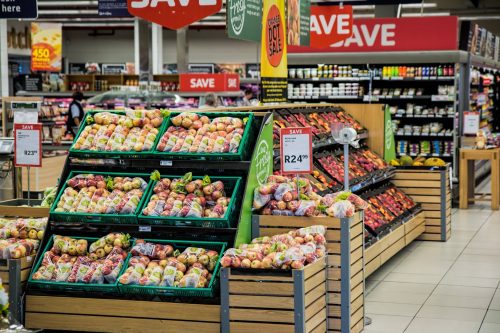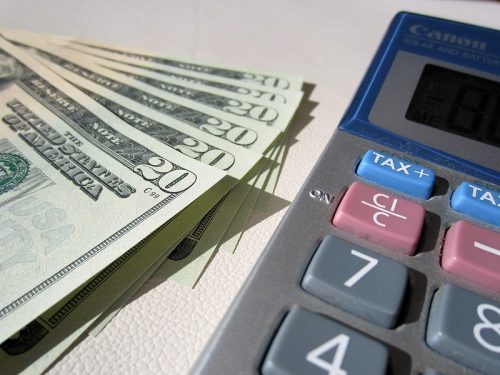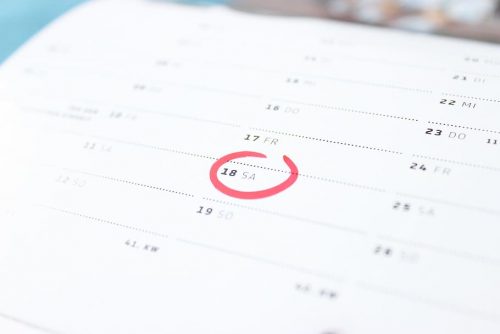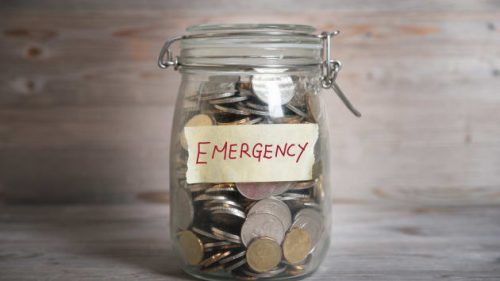The COVID-19 pandemic has severely drained everyone emotionally, physically, and financially. The economies are shutting down while supply and demand have fluctuated at an unprecedented rate. Governments across the globe are trying to develop solutions to flatten the infection curve.
Although circumstances vary in severity from person to person, state to state, and nation to nation, it is vital to be practical when it comes to your money, or what you have left. Consider all the tips below to stay afloat.
Choose Grocery Shopping Over Drive-thru Or Take-out

Food is commonly the most substantial expense of every household. Something positive to gain from the restrictions enforced due to the pandemic is the limitation on eating out. Most restaurants only fulfill orders for drive-thru or take-out, giving you more incentive to prepare your food and dine at home.
Prepare a list of grocery items to purchase. Be mindful of the essentials. Consider a few snacks or favorite food items for each member of the family. Do not hoard goods and be respectful of the protocols observed in the establishment.
Take Stock Of Your Entire Financial Assets

Checking your finances is a tedious task. It is something that many people place at the back of their minds on a typical day. The days are no longer ordinary. Several are getting cut from their work or are experiencing massive reductions in salary or income potential. Now is the time to get serious with how many comes in and goes out.
Make a list of your household’s sources of income (your full-time job, sideline gig, or business). Next, take note of all the assets you own, including your house and lot, savings accounts, investments, and insurance. Analyze all of the information you have collected and check where you are vulnerable and try to improve on income sources that can increase.
Have Your Bills In Order

Netflix and chill? Probably not anymore. Monthly payments hinder your capacity to be financially capable of handling unforeseen circumstances, such as the COVID-19 pandemic. Online subscriptions, game memberships, and even the essentials like power and water weigh heavily on your wallet.
First, rank all the bills you have by their necessity. Next, slash all of the unnecessary subscriptions and those services with monthly payments that you can live without.
If you absolutely cannot cancel your bill due to the contract, consider requesting an extension of payment until after the pandemic is over, and if that is not an option, explore government and private subsidies or loans.
Distinguish What You Want From What You Need
Eliminate the non-essentials. Review all the expenses you have made this year. Compare the things and services you have spent on pre-COVID-19 and during the COVID-19 pandemic. In this way, you would enrich your perspective on how much you can live without.
Examine all the expenses done during the social distancing period. Identify areas where you can either reduce or eliminate expenditure. You can remove an item or service from the list of things to spend on by identifying the exact reason you want it. Ask yourself, “Do I need to buy this?” You will be surprised at how many things you could cut off and how much you would save.

Create An Emergency Budget
This whole pandemic is an emergency. However, some circumstances would warrant a considerable amount of cash to survive. No one can precisely predict the end of these strange times and the return to normal. After taking note of where your money comes from and where it should go and where it should not go, take a percentage out and deem it untouchable unless necessary.
As small as 5% of your household income can do the trick. Make the necessary adjustments and start saving as soon as possible. If you have an emergency budget on-hand, even before the pandemic, keep on padding that with additional cashflow. It is better to be safe than sorry.
Conclusion
According to Kathleen Burns Kingsbury, LMHC, “if you don’t see it, you don’t feel it.” This statement alone summarizes the essence of this article. Everyone needs to sit down and re-evaluate their lives and their lifestyles.
It is of paramount importance to have the best possible outcome at the end of this pandemic, which will only be achieved by reasonable expenses and safety habits. It is not worth the risk not to assess your finances. If you have not started, this is your wake-up call. Take charge financially right now.